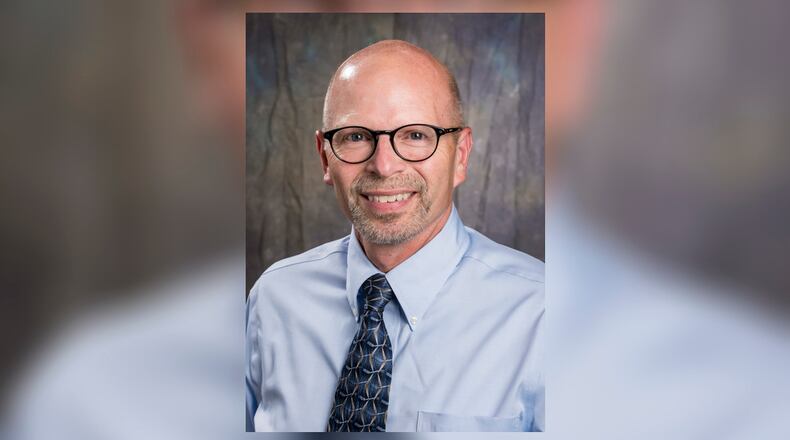MORE: New hospice venture planned in Dayton area
Lori Martensen, rural health initiative director, said doctors aren’t always comfortable talking to their patients about alcohol. The training helps by teaching how to naturally start a conversation with a patient about alcohol use and how ask questions in a non-judgmental way.
The training also helps providers talk about alcohol use on a spectrum instead of as a binary where a person either has a drinking problem or doesn’t have a problem.
Paul Hershberger, director of the division of behavioral health, a big part of the screening model is to talk about alcohol as it relates to other health issues. It could reduce stigma of talking about the affects of alcohol if, instead of talking about drinking alone, a doctor explained how the amount a patient was making it harder to manage their diabetes or blood pressure.
Hershberger said the providers will learn how to ask questions using “motivational interviewing” techniques.
ORE: EpiPen alternative law signed by Gov. Kasich
“It’s a little different than just saying to the patient ‘This is a problem, you need to change,’” he said. “It would involve finding out what they like about their use, what they don’t like about their use and through that conversation help the patient identify reasons for making a change in a healthy direction.”
The screening model, called Screening, Brief Intervention, Referral to Treatment, is an evidence-based model that the state has been promoting through grants. Wright Rural Health Initiative has been awarded $166,000 in funding from Ohio Mental Health and Addiction Services for the program.
The funding will support at least 25 training events, with the goal of training at least 250 health professionals in 14 counties in rural western Ohio that have alarming death rates from substance misuse and opioid overdose.
There’s more funding in recent years for training events to teach this model of screening patients, but there isn’t good data in Ohio on how widespread screening, said Amy Bush Stevens, vice president of prevention and public health policy at the Health Policy Institute of Ohio. The institute researches health policy and provides data to state agencies and lawmakers and recommends more evidence-based screening as a way prevent and treat addiction.
MORE: EpiPen alternative law signed by Gov. Kasich
“We think it is a good idea and a good way to connect addiction treatment more closely to the overall health care system,” Stevens said.
She said there also isn’t good state-level data on how well patients are referred to treatment and how often doctors follow up to with their patients to see if they are getting the treatment they need.
Megan Smith, a third-year medical student doing a rural rotation, said its hard for someone bring up that they think they have a drinking problem but routine screening can make it easier to address, because the conversation is started by the provider.
“It’s hard for someone to bring it up independently,” Smith said.
About the Author

